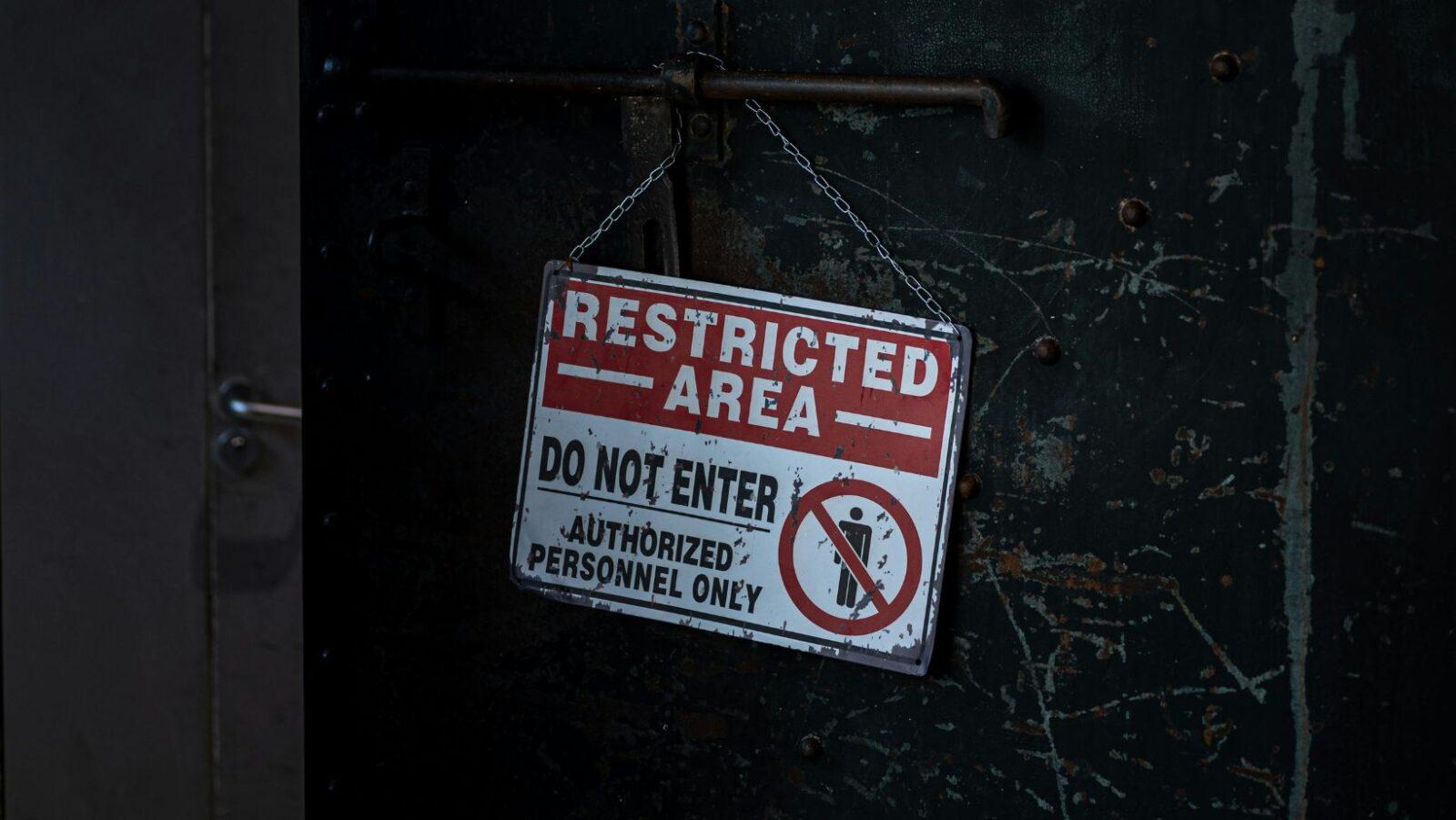
•Two Filipina scientists from the University of the Philippines – Diliman College of Science (UPD-CS) found a conclusive link between stress, altered light-dark cycles (such as in the cases of night shift workers and frequent international travelers) and breast cancer.
•They investigated a gene called Krüppel-like factor 9 (KLF9) that suppresses tumor growth and links the effects of stress, regulation of the light-dark cycle, and breast cancer.
•The research team emphasized both the importance of maintaining a regular circadian cycle and the negative effects of circadian rhythm disruption.
If you work the night shift or frequently travel to international locations (which likely means frequent readjustment of your sleeping hours), you’ll definitely want to know this: A recently published study conducted by two Filipina scientists from the University of the Philippines – Diliman College of Science (UPD-CS) found strong evidence linking stress, changes in light-dark cycles, and breast cancer.
Circadian cycle disruption and breast cancer risk
Molecular biologist Dr. Pia Bagamasbad and doctoral student Weand Ybañez, both affiliated with the UPD-National Institute of Molecular Biology and Biotechnology (NIMBB), investigated a gene called Krüppel-like factor 9 (KLF9), which suppresses tumor growth and is affected by stress hormones and changes in a person’s exposure to light and dark. The team found that KLF9 is suppressed in breast tumors compared to normal breast tissue.
Maintaining the consistency of the circadian cycle, a 24-hour pattern of biological activity, is essential for normal body function. It is mainly controlled by the 12-hour light-dark cycle, which regulates various bodily functions (like sleeping and waking, digestion, and hormone activity). Per the team’s findings, KLF9 exhibits a cyclical pattern in normal breast tissue as part of a healthy circadian cycle — a pattern that is “abolished” or lost in highly aggressive breast cancer.
Since KLF9 suppresses the growth and spread of breast cancer cells, the research findings highlight a direct link between stress hormones and changes in the circadian cycle (such as lack of sleep) on breast cancer risk and development. This, in turn, emphasizes the importance of maintaining a regular circadian cycle, as well as the negative effects of disruptions in its regularity.
Breast cancer in the Philippines
Based on data from the Department of Health and the Philippine Statistics Agency, breast cancer is the most common type of cancer in women in the Philippines. (It’s important to remember, though, that men can also get breast cancer, with one in 1,000 men contracting breast cancer in their lifetime.) Breast cancer is also considered the most common type of cancer in the country, with an incidence rate of 17.6% (according to the World Health Organization) and a survival rate below 50% largely due to late diagnosis (per statistics from 2019). Thus, it is important to study the factors that contribute to its development and progression to find effective management and prevention measures.
Dr. Bagamasbad stressed the importance of this research, saying that the findings “have potential far-reaching implications not just on our understanding of how cancer develops and spreads and how it can be effectively managed, but more importantly emphasize the need for policies and interventions that can safeguard the overall health and wellness of women working in industries involving disruption in the regular circadian cycle.” This breakthrough discovery will hopefully lead to more studies that can further clarify the link between breast cancer and stress and help in developing strategies to prevent and manage the disease.
The research paper was published last February 23 in the journal Cancer Cell International. —MF
References
- Ybañez, W. S., & Bagamasbad, P. D. (2023). “Krüppel-like factor 9 (klf9) links hormone dysregulation and circadian disruption to breast cancer pathogenesis.” Cancer Cell International, 23(1). https://doi.org/10.1186/s12935-023-02874-1
- Conoza, A. (2022). “Awareness and a rising need for improved breast cancer screening.” Retrieved March 15, 2023 from
https://www.bworldonline.com/special-features/2022/10/24/489793/awareness-and-a-rising-need-for-improved-breast-cancer-screening/ - https://psa.gov.ph/sites/default/files/4.2.2%20Risk%20Factors%20of%20Breast%20Cancer%20among%20Women%20A%20Meta%20Analysis.pdf
- Philippine Foundation for Breast Care, Inc. “Some Information About Breast Cancer.” Retrieved March 15, 2023 from https://www.kasuso.org/about-breast-cancer









